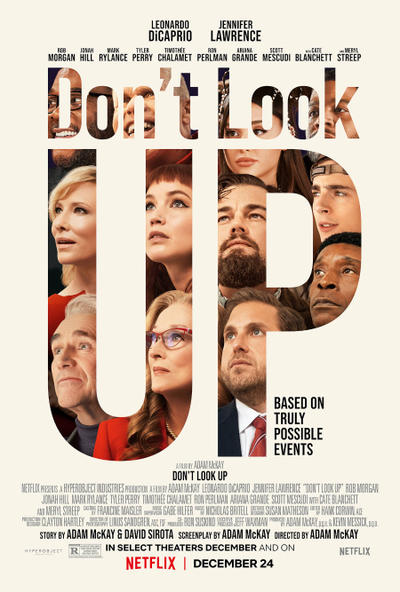
Debates on whether Adam McKay’s Don’t Look Up is good or not, whether it’s on the basis of satire or just pure storytelling, are lighting new fires on the already scorched ground usually reserved for superhero movies and Star Wars films. The movie has a 56% rating on Rotten Tomatoes’ Tomatometer and the line seems to be drawn between those who thought the movie undermines the audience’s ability to process the things that are currently front-page news and those who think it’s a brilliant piece of satire that needs to be taken as one of the greatest examples of the genre in our time.
Were the debates actually about the content of the film and the ways it either accomplishes or fails at getting its point across would’ve been great, but a lot of the exchanges and articles I’ve seen on social media and pop culture news sites forego that part of the conversation and dive straight into, “Well, people who didn’t like it just didn’t understand it,” or, “Those who loved it are fans of the virtue signaling the movie puts forth.”
In essence, this can all be boiled down to the following expression:
“Fuck you, I liked it, you’re wrong.”
Or,
“Fuck you, I hated it, you’re wrong.”
If reading this evokes a certain familiar sensation it’s because we’ve seen all this happen before with Man of Steel, all three movies in the new Star Wars trilogy, Zack Snyder’s Justice League, and any other popular movie that divides people on the review chain.
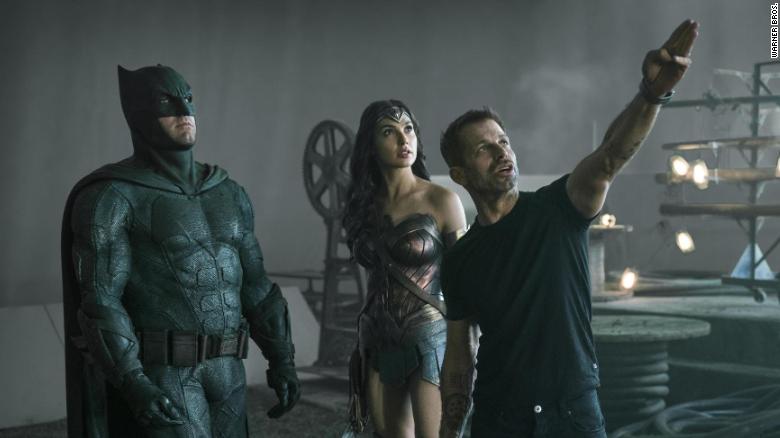
The memories are all too recent. People who didn’t like Man of Steel were accused of not understanding what science fiction is or how superhero comics work (this one was levied against me a few times), The Last Jedi elicited mud-slinging against those who didn’t understand director Rian Johnson was challenging the SW formula rather than pandering to fanboys, and fans of Justice League spewed hate on those who didn’t recognize Zack Snyder’s vision was pure genius (which meant detractors were simply spoiled by Marvel’s “superhero kid comedies,” as many conversations went).
What Don’t Look Up shares with these other movies is how quickly talk about it went from discussions about plot and characters to the usual line of short-sighted blanket statements that put viewers in either the “You don’t get it, you suck!” camp or the “This is the worst movie of the year, how could you honestly like it?” camp. The blanket statement aspect of the exchanges is what makes talking about the movie such a frustrating exercise online.
Here’s a list of real examples you can find on any review or article about the movie:




The common thread is, there has to be an ulterior reason as to why someone did or didn’t like the movie and it might have to do with the person’s inability to understand movies or because their ideology blinds them to good things. Additionally, it might just be people wanting to be contrarian, hating things everyone else likes (as the comment on disliking wildly popular things seems to suggest).
One of the most telling comments on the movie found on social media comes from the movie’s director himself, Adam McKay. This was his response to the criticism:
Clearly, at least for McKay, agreeing with the message of the movie secures enjoyment. Feeling the opposite means you’ll hate the movie, and also that you’re happy with the way things are, and also you’re not at all worried that our planet is turning into a ball of flame.
Paste Magazine produced a great piece on this argument, titled “Movies Are More than Their Message.” Written by Jacob Oller, the idea behind the article is that there is not one single indicator that makes a movie good or bad. It’s a subjective experience. Here’s one of the strongest points Oller makes, found in a disclaimer he included at the end of the article:
“Taste, temperament, and expectation make a viewing experience singular, not universal. This piece was written by a human who holds these opinions and it is not Truth set in stone, delivered from on high by an omniscient, infallible and totally detached deity.”
What’s frustrating about critiquing in today’s world is that some people prefer to turn something subjective into something objective – that a particular movie is good and that bad reviews are an attack on that fact. That is just categorically incorrect.
Some people judge movies based on the message, others on plot and character. Visuals, individual performances, color palettes, everything has a different value for everyone. There’s no absolute wrong way to view a movie. There are, incidentally, better ways to discuss them that don’t involve telling someone they’re wrong because they were incapable of understanding its message.
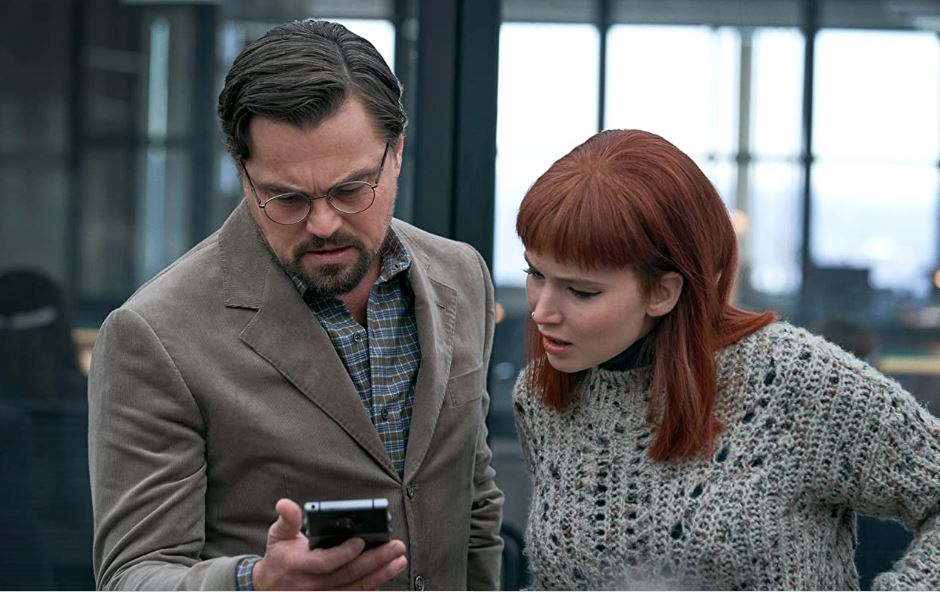
Problems start to settle in when the attack becomes the kind of blanket statement I mentioned earlier, the ones that turn any conversation into an endless exchange of fuck yous. Once that happens, out goes the possibility of any kind of meaningful discussion about the film.
I do not count myself among those who liked Don’t Look Up. I thought it had a good first half-hour and that the first attempts the characters make at communicating the inevitability of the end of the world were funny and poignant. And then it repeats the same joke over and over.
Characters didn’t grow and apart from some very funny jokes, I didn’t feel all that challenged or engaged by it. It has a strong ending and the performances are top-notch, but I found it quite toothless in its satire and it could’ve gone further with the idea, perhaps by looking at other characters in other settings or by exploring other aspects of the same problem. I would’ve appreciated it if the movie had looked at other news programs other than the Regis and Kelly stand-in they stuck with, for instance.
There’s an interesting angle played with the role scientists play when they reach near-celebrity status (which reminded me a bit of Dr. Fauci during the pandemic), but it’s only ever explored as a punchline rather than anything more interesting.
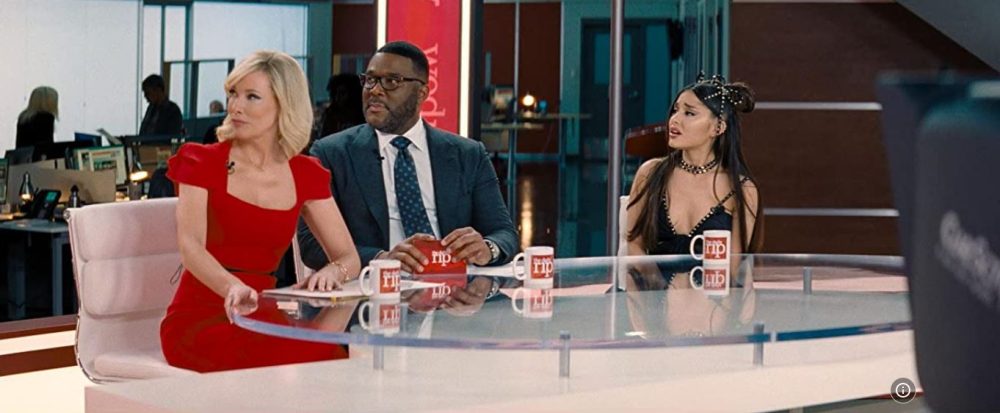
Am I the movie’s intended audience? I believe I am. I agree with the points the movie makes and am anxious about climate change. I also believe I understood the story’s message, and quite well. That doesn’t mean the movie itself has to be to my liking.
I can agree with messages in what I consider to be bad movies. It’s my experience and I’m willing to discuss it with anyone without feeling the need to resort to blanket statements that lazily explain why you disagree with me (and perhaps feel better about myself in the process).
Maybe we’re too accustomed to passing judgment on things based on a Fresh/Rotten basis. This certainly plays a role in SW and superhero movie criticism. Critics who disagreed with Christopher Nolan’s The Dark Knight Rises, for instance, received death threats from fans who thought their tastes and criteria were under attack.
I didn’t come across death threats when researching social media responses to Don’t Look Up. It’s telling that I was expecting them, though. It suggests that the responses McKay’s apocalyptic satire have garnered online can now place it in the same category as Star Wars and superhero movies in terms of its capacity to inspire toxic fandom.
It might be that a lot of us are wired to think in extremes, where something is either all good (and thus one of the best things ever) or all bad (and thus one of the worst things ever to have been put on this Earth). But let’s not confuse the use of overgeneralized statements that don’t take into consideration actual talk about the content of the film as evidence of a debate.
At the end of the day, you’re just yelling at people to fuck off for them not liking something you did.
For more on Don’t Look Up, make sure to read The Beat‘s review here.










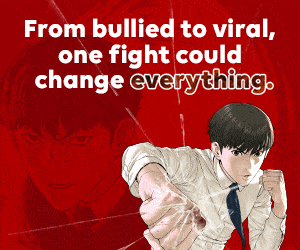

Nothing is allowed to be just “okay” or “fine” anymore. A piece of pop culture has to be “the second coming” or “trash” with hardly any room for degrees between the two. This is probably because there is TOO much media these days and people feel the need to be more selective in what they invest their time. So if something wasn’t absolutely brilliant, it was a waste of time, thus “trash”. Or if it did not meet their EXACT expectations as far as plot and characters are concerned, especially in long-running franchises, it is automatically anathema. Also, any incident where the lead character is either a woman, BIPOC, or LGBTQA+, it gets written off as suspect virtue signaling and “not hiring the best person for the role/job”. TL:DR – Fandom really sucks these days.
All of this fighting and silliness makes me want to avoid seeing this movie completely. It’s the same reason why I’ve only seen one episode of Rick and Morty, I can’t stand the dialog around it nor the behavior of its fans and detractors.
Thank you for this article! I read it just a few hours after I experienced the described phenomenon first hand. I was aware of the existence of “Don’t Look Up”, but wasn’t particularly interested in watching it (just because I knew the premise and it seemed too gloomy for my current mood). However, my parents wholeheartedly recommended it and so I ended up watching it with my fiancée. We both disliked it, purely for artistic reasons (we thought it did not succeed either as a metaphor or as a disaster movie… for multiple reasons). But when I tried to discuss it with my parents, I got yelled at and had no chance to finish my argument.
Fandom sucks. Personally, I rarely engage with any fanfom. I just simply watch stuff and either like it or don’t. I might make a YouTube video expressing my thoughts. That’s about it. Everything else is a waste of time.
I enjoyed the movie. There were slow parts, which was supposed to part of the humor, but that made me pause the movie and do something else, but I’m still glad I watched it to the end. I found it touched on, but didn’t dive too deep into the various things it was criticizing. I think a lot of people were just happy that even touched on it because other movies ignore the various topics completely. As plenty of people have said, it is the modern day Dr. Strangelove. It has ruffled the feathers of some of those it was criticizing, which is an delightful extension of the movie experience. It also has one of the more satisfying endings I’ve seen in a long time.
Watched it the other night and I was entertained and got some pretty good chuckles. Definitely do agree on your assessment of it. Though I find it terribly ironic that the fandom reaction your article covers is reflected quite well in the movie.
For me, it’s an example of agreeing with the premise and intention of a movie and absolutely loathing its execution. I think it’s sloppy, over-acted, and under-written, and frankly (despite the point of this article) can’t understand how anyone can’t see that. I saw more than 450 movies in 2021, and this one was easily the worst, especially given its cast and pedigree.
Not sure your version of McKay’s comment is quite on the money. I think there are people who are, for all intents and purposes, unaware that there is a climate crisis, and who may believe it is some sort of scam. For them, the movie is probably baffling. I don’t think he is saying that “agreeing with the message of the movie secures enjoyment the film”, just that not agreeing will inevitably lead to lack of enjoyment. Stating the obvious really. There are sufficient people commenting on here show that agreeing with with the message of the film is not what a recipe for enjoying it.
Nicely written article however all the X’s are ” and the Y’s are missing. Even from the comments. Am i the only one this is happening to? I’m reading this on Firefox and I tried it on Chrome
It’s hard to find good reviews in general as I feel so many channels use such Hyperbolic terms like “CINEMATIC DISASTER” or “COMPLETE FALIURE” It can come across more like these videos are hit pieces than actual film discussion.
If they want to do a film about climate change then do a film about climate change. There’s plenty to work with and jump off from. The rising tides in Florida are flooding streets at high tide but Florida’s Republican governor and congressman refuse to meet with the mayors of the coastal cities, like Miami, to discuss the problem because then they’d have to admit that climate change is real and the GOP frowns on that. There are places in the world where islands are slowly disappearing into the rising oceans. There is the potential of an ice berg crashing into the ocean at the north pole which would have a dramatic impact on tides. Hurricanes and forest fires are getting worse every year. Eskimos have had to relocate inland because the coastal villages are being inundated, so why in the world make up a story about a comet threatening Earth as strident metaphor?
Comments are closed.